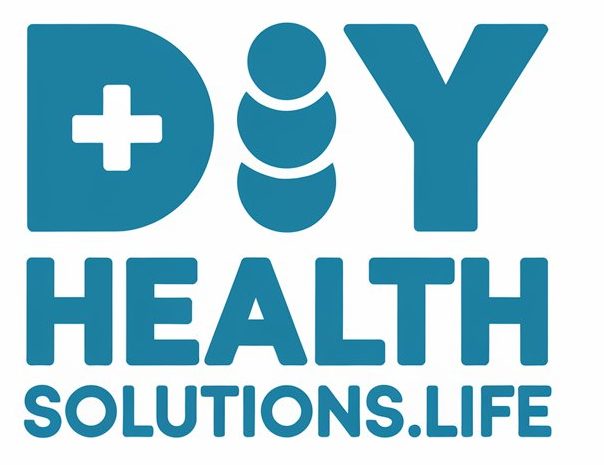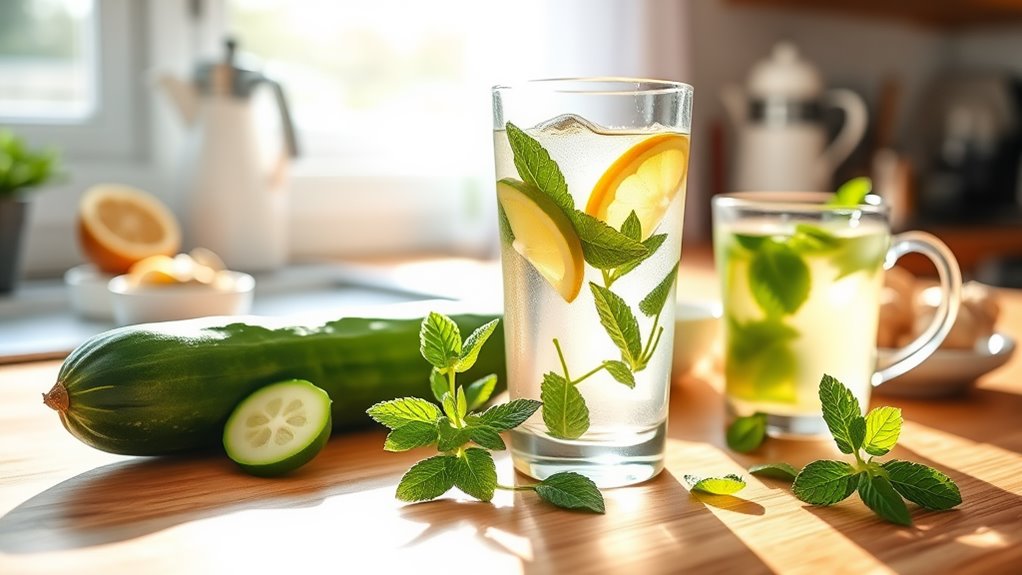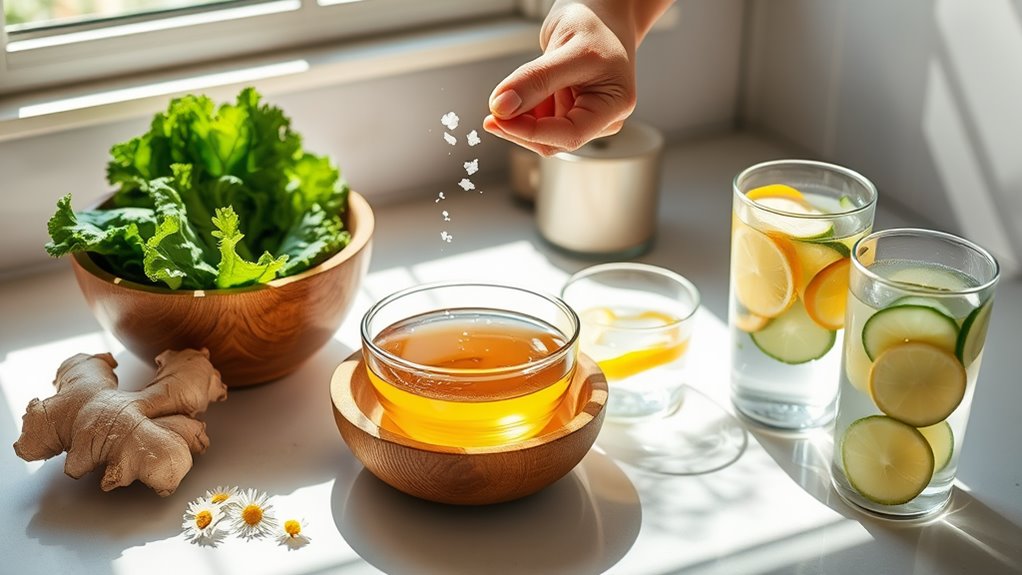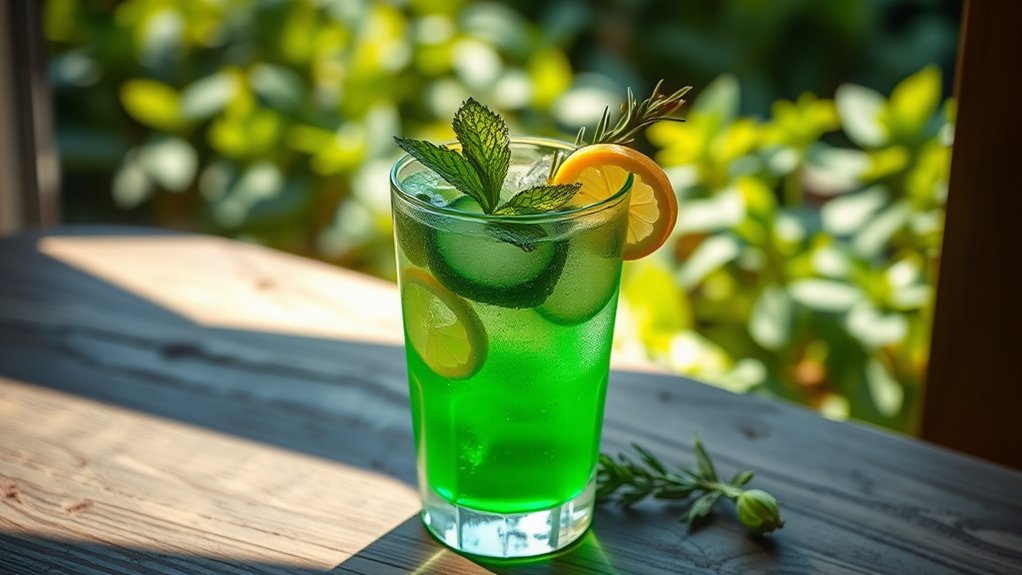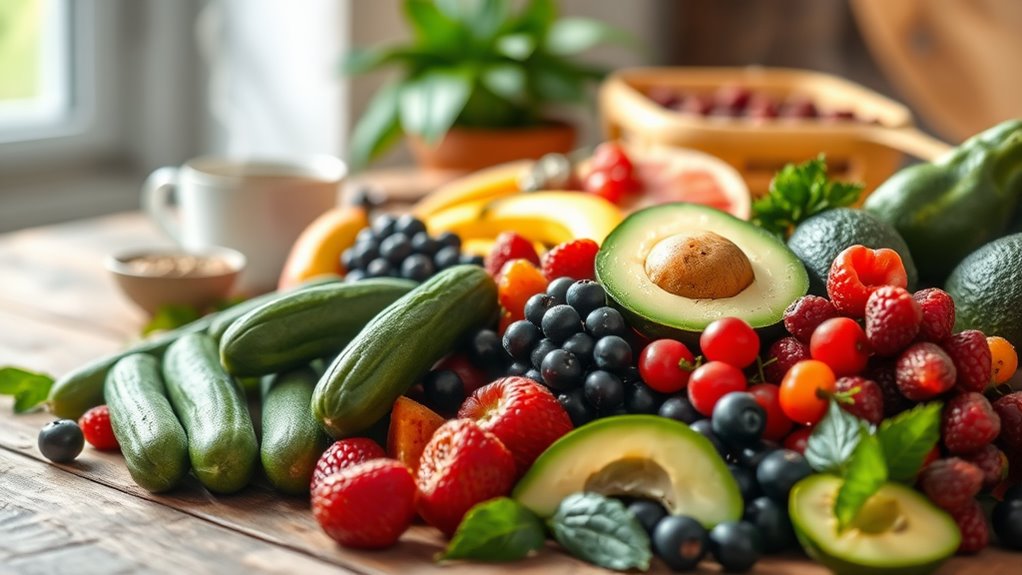Say Goodbye to Bloating With These Simple Natural Tips
You can say goodbye to bloating by incorporating a few simple natural tips into your routine. Start by eating smaller, frequent meals and chewing your food thoroughly. Stay hydrated with at least eight glasses of water daily, and try herbal teas like ginger and peppermint to soothe your stomach. Also, make sure to include fiber-rich foods and probiotic options like yogurt in your diet. Finally, practice mindful eating in a distraction-free environment to help your digestion. These changes can greatly reduce bloating, and there’s more to explore for deeper relief.
Understand the Causes of Bloating
Bloating can be uncomfortable and often results from a variety of factors. You might experience it after overeating, as your stomach struggles to process the extra food.
Gas buildup from certain foods, like beans or carbonated drinks, can also contribute to that swollen feeling. Stress plays a role too; when you’re anxious, your digestive system can slow down, leading to discomfort.
Additionally, food intolerances, such as lactose or gluten, may cause your body to react negatively, resulting in bloating. Dehydration can exacerbate the issue, making it harder for your body to break down food effectively.
Incorporate Digestive-Friendly Foods
To ease discomfort and promote healthy digestion, incorporating digestive-friendly foods into your diet can make a significant difference.
Start by adding fiber-rich foods like whole grains, fruits, and vegetables, which help keep your digestive system moving. Foods like yogurt and kefir contain probiotics that enhance gut health and balance bacteria.
Ginger and peppermint are also excellent choices; they can soothe your stomach and reduce bloating. Try incorporating lean proteins such as chicken or fish, as they’re easier for your body to digest.
Additionally, consider including anti-inflammatory foods like berries and leafy greens.
Stay Hydrated for Relief
Staying hydrated is essential for alleviating bloating, as water helps flush out excess sodium and reduces water retention in your body.
When you’re well-hydrated, your digestion improves, which can further ease that uncomfortable feeling. Aim for at least eight glasses of water daily, but remember to adjust based on your activity level and climate.
Herbal teas, like peppermint or ginger, are great alternatives that can also aid digestion. Keep a water bottle handy to remind yourself to sip throughout the day.
If you find plain water boring, try infusing it with fruits or herbs for added flavor. By prioritizing hydration, you’ll not only combat bloating but also promote overall well-being and energy levels.
Practice Mindful Eating Habits
How often do you find yourself rushing through meals without really paying attention? Practicing mindful eating can make a significant difference in how your body processes food.
Start by slowing down; take time to savor each bite and notice the flavors and textures. Put your phone away and focus on your meal, creating a distraction-free environment.
Chew your food thoroughly—this aids digestion and helps you recognize when you’re full. Listen to your body’s signals; if you’re not hungry, don’t eat.
Consider portion sizes and try to eat smaller meals throughout the day. By being present during meals, you’ll not only enjoy your food more, but you’ll also reduce the likelihood of bloating and discomfort.
Explore Herbal Remedies and Teas
While you might be familiar with common remedies for bloating, exploring herbal options can offer effective relief.
Herbal teas like peppermint and ginger are great choices; they soothe your digestive system and help reduce gas. Peppermint, in particular, relaxes your gut muscles, making it easier for trapped air to escape.
Chamomile tea is another excellent option. It not only calms your stomach but also alleviates stress, which can contribute to bloating.
You can also try dandelion root tea, known for its diuretic properties that help reduce water retention.
Incorporating these herbal remedies into your routine can make a noticeable difference in your bloating symptoms, allowing you to feel lighter and more comfortable.
Frequently Asked Questions
Can Stress Contribute to Bloating and How Can I Manage It?
Yes, stress can definitely contribute to bloating. You can manage it by practicing relaxation techniques, like deep breathing or meditation, staying physically active, and maintaining a balanced diet to help your digestive system.
Are There Specific Exercises to Relieve Bloating Quickly?
When your stomach feels like a balloon ready to burst, try gentle exercises like walking, yoga, or knee-to-chest stretches. These movements help release trapped gas and soothe your digestive system, bringing you quick relief.
How Do Medications Affect Bloating and Digestion?
Medications can greatly impact bloating and digestion. Some may relax your digestive system, while others might cause gas or constipation. It’s essential to consult your doctor about any side effects you’re experiencing from your medications.
Is Bloating a Symptom of Any Serious Health Issues?
Imagine your stomach as a balloon; bloating can signal a serious issue if it’s persistently inflated. While it often stems from diet, it’s wise to consult a doctor if you notice severe or ongoing discomfort.
Can Food Intolerances Lead to Chronic Bloating Problems?
Yes, food intolerances can definitely lead to chronic bloating problems. When you consume trigger foods, your body struggles to digest them, causing inflammation and discomfort. Identifying and avoiding these foods can greatly improve your symptoms.
